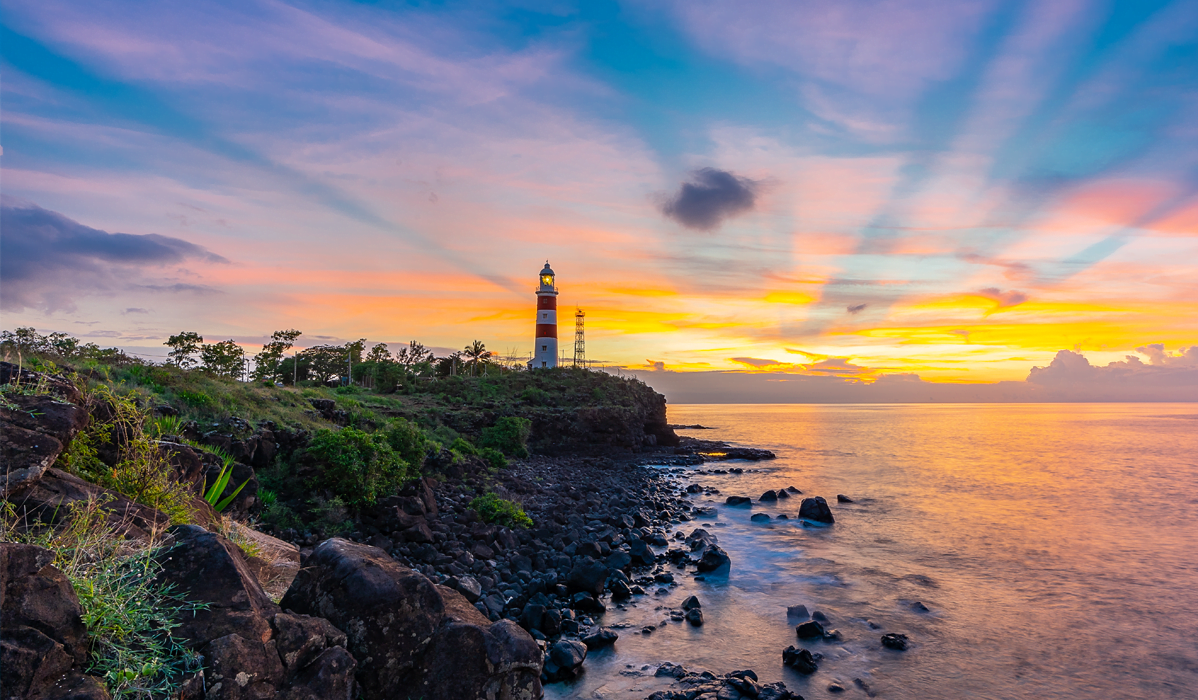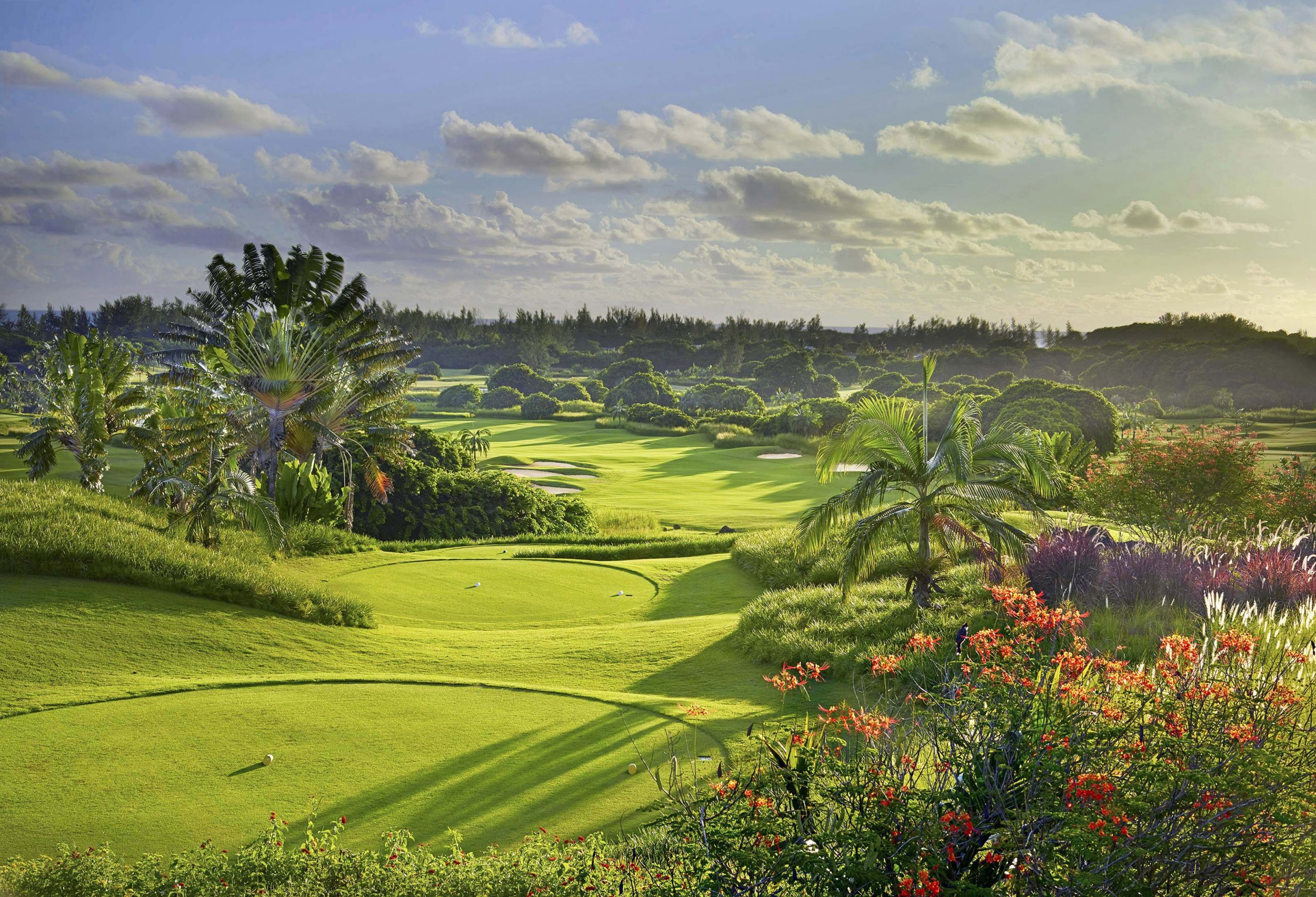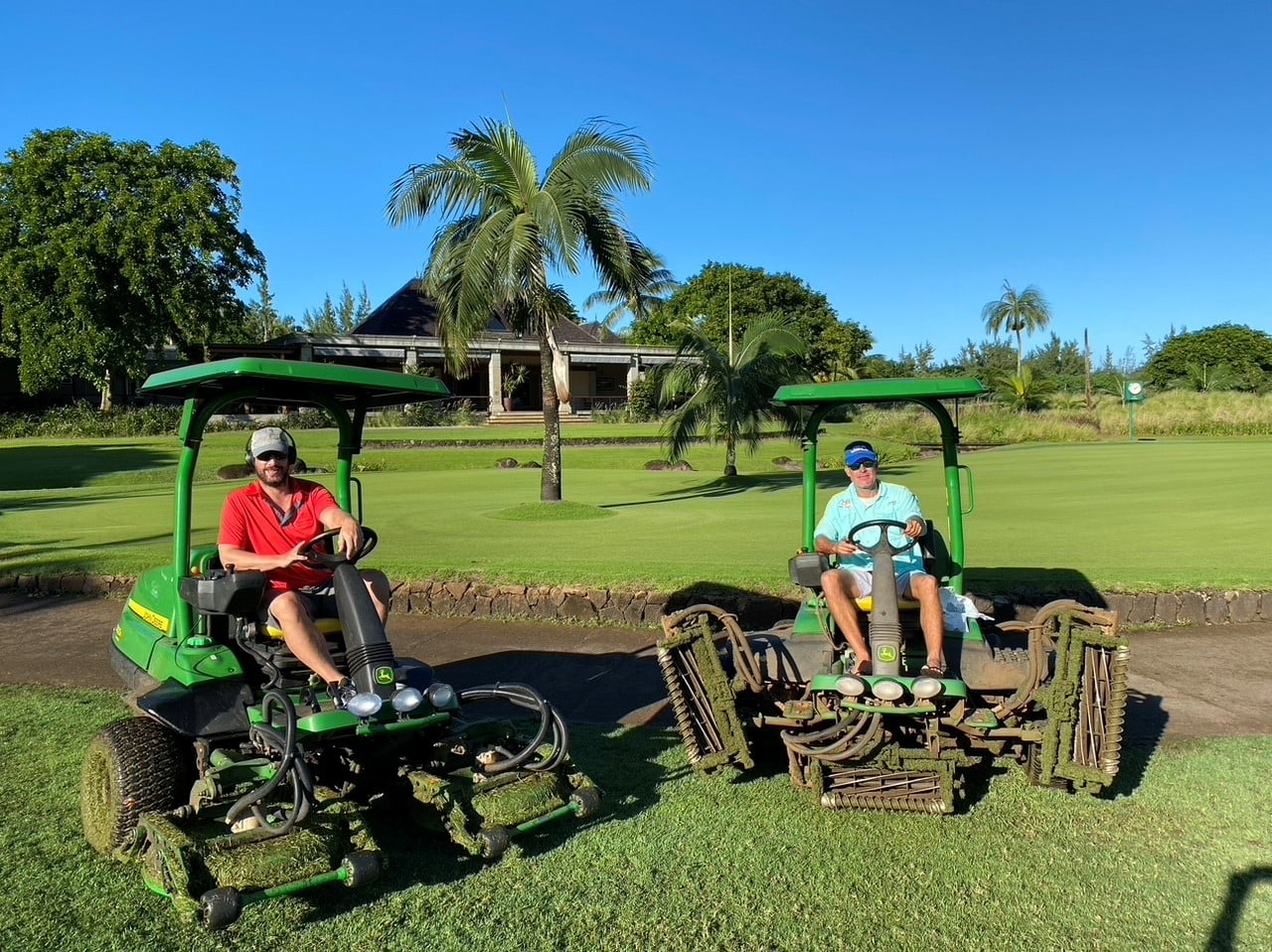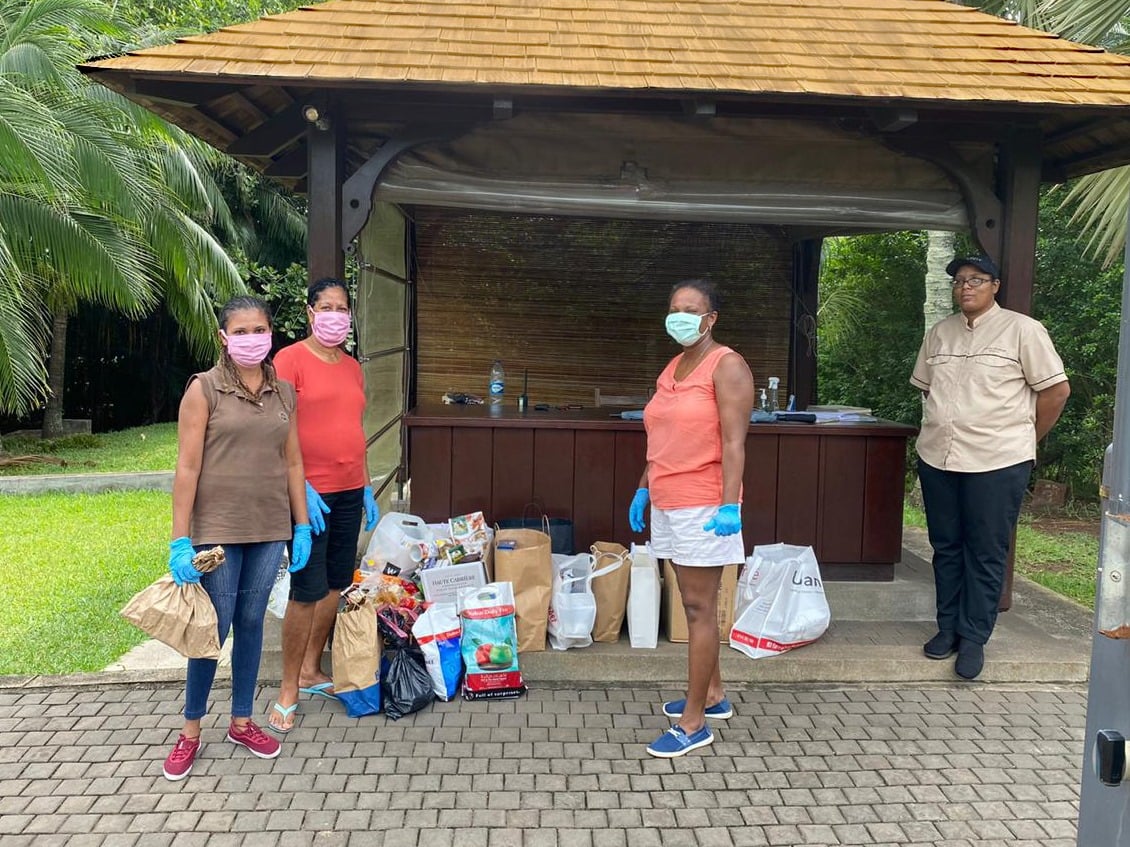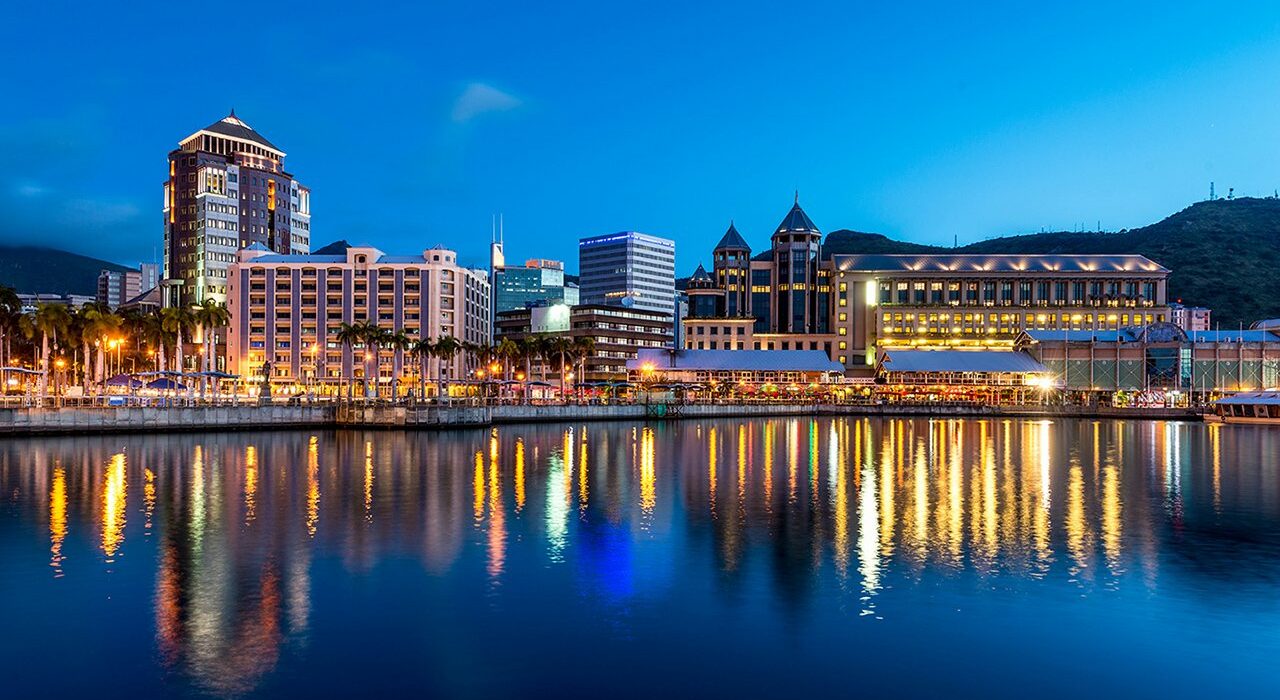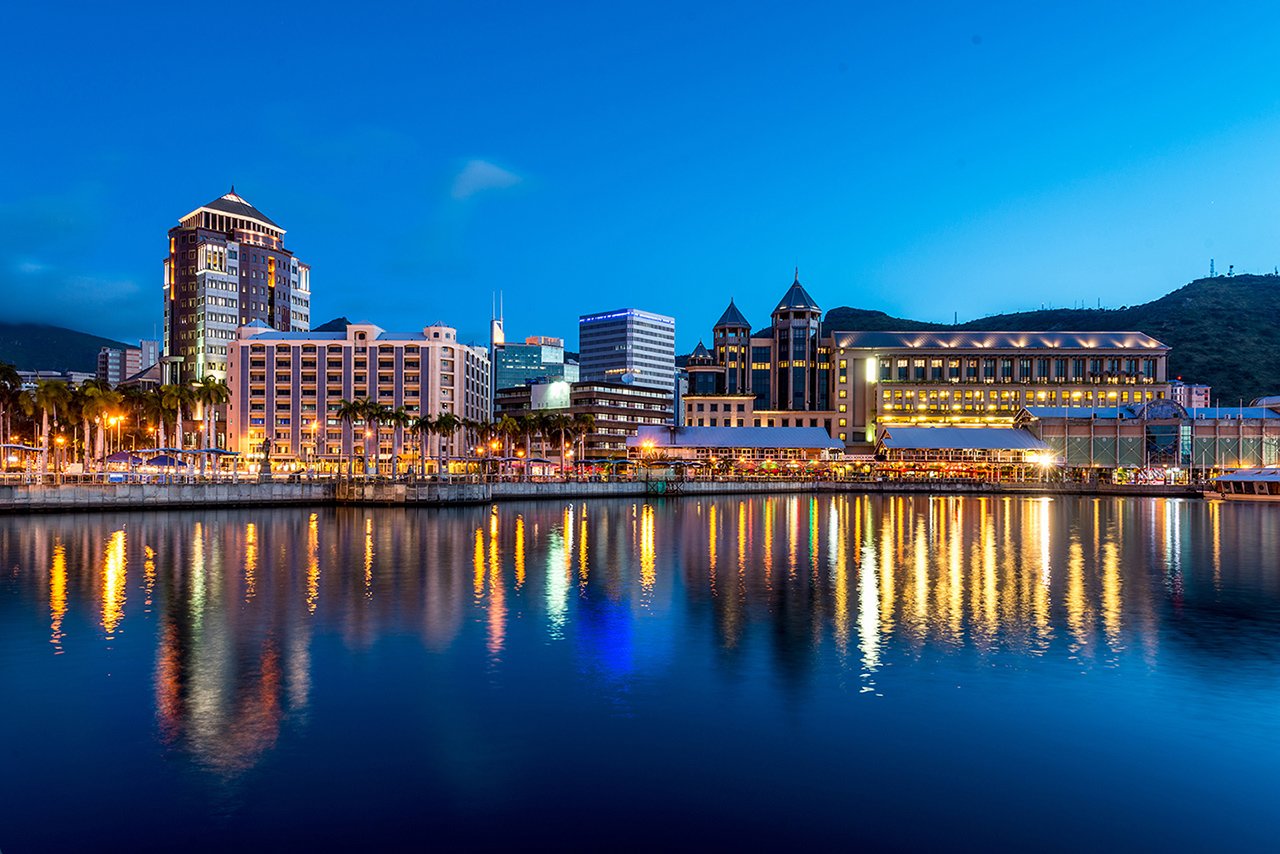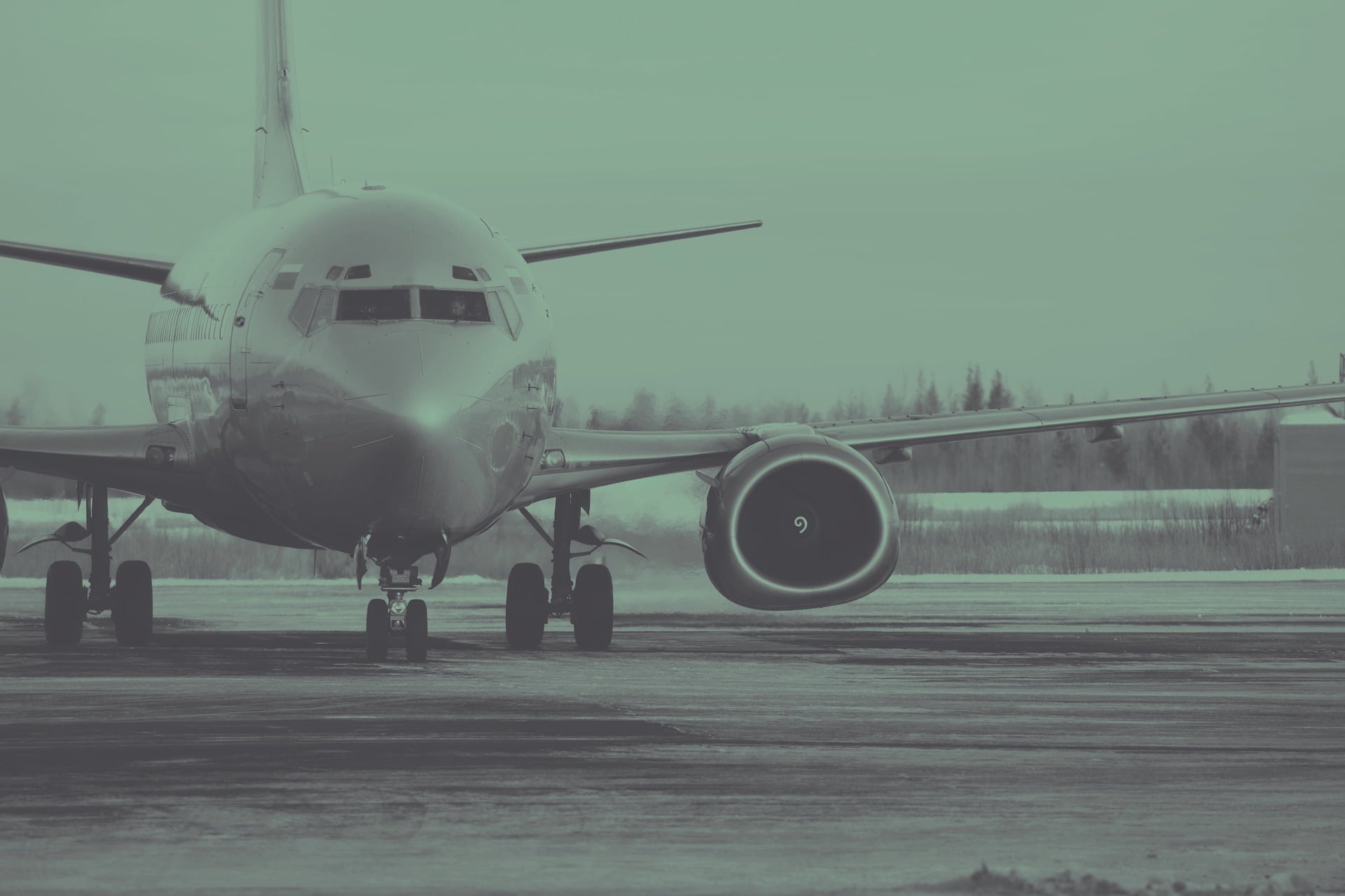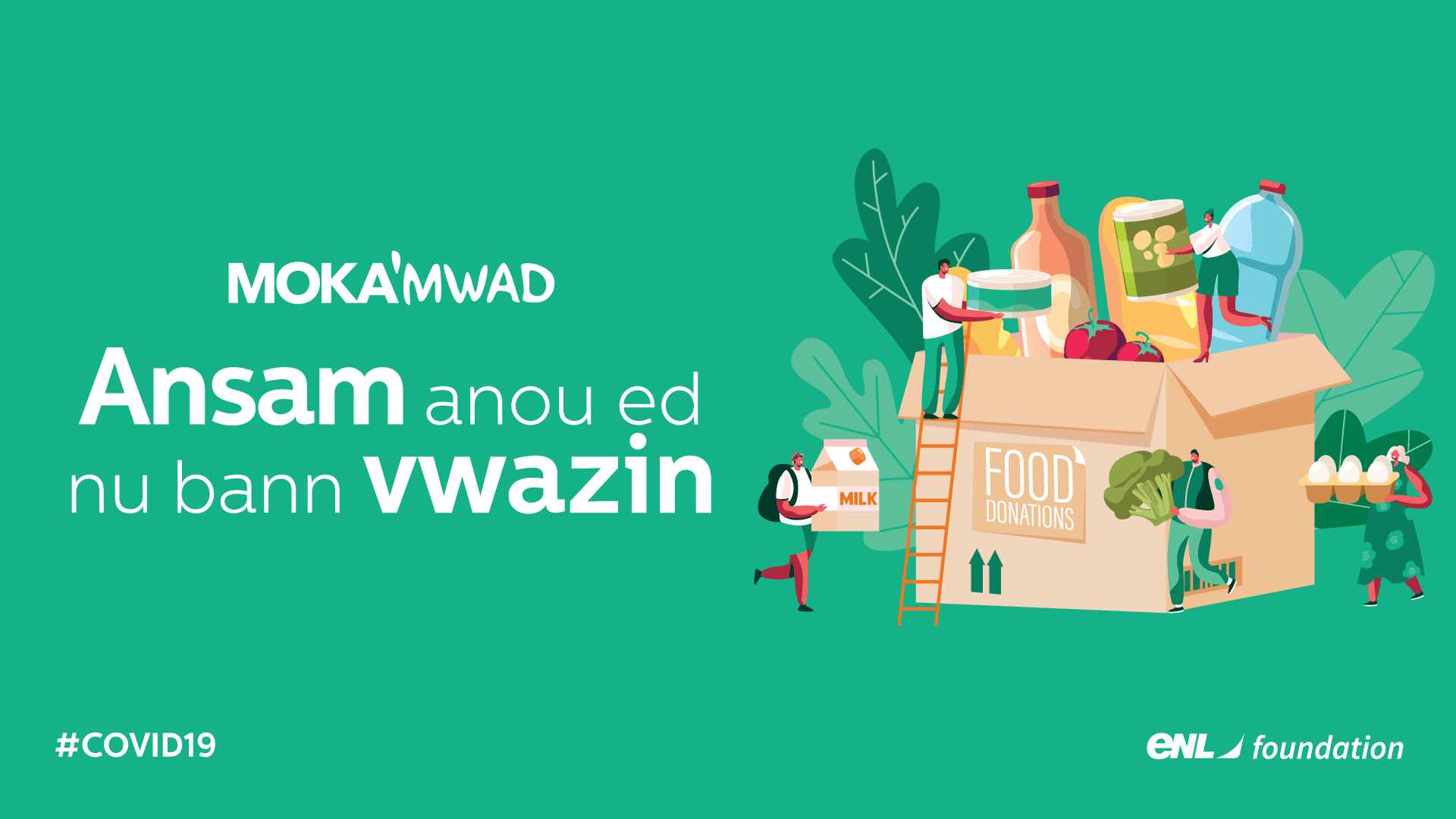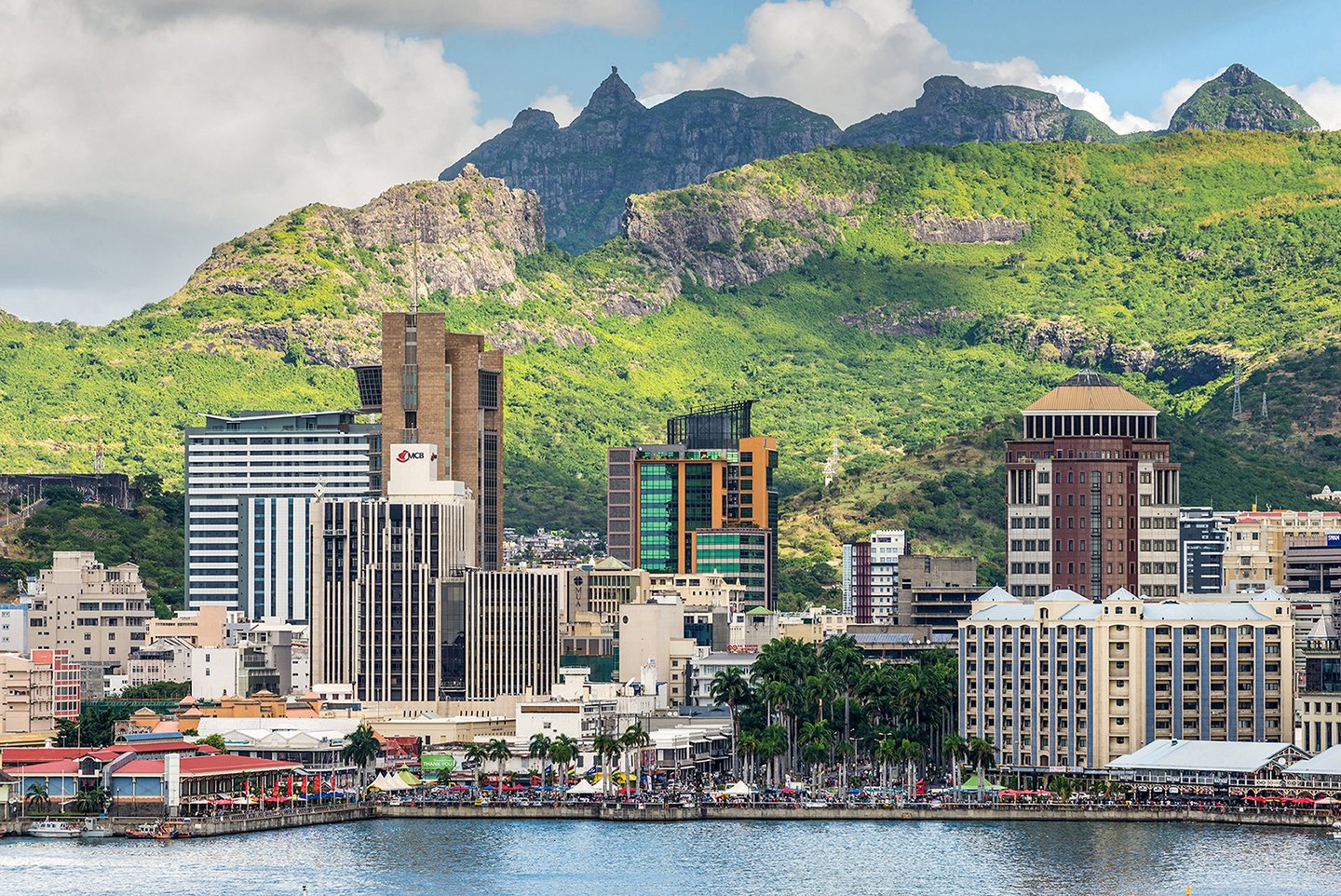Mauritius getting ready for post-COVID-19 recovery
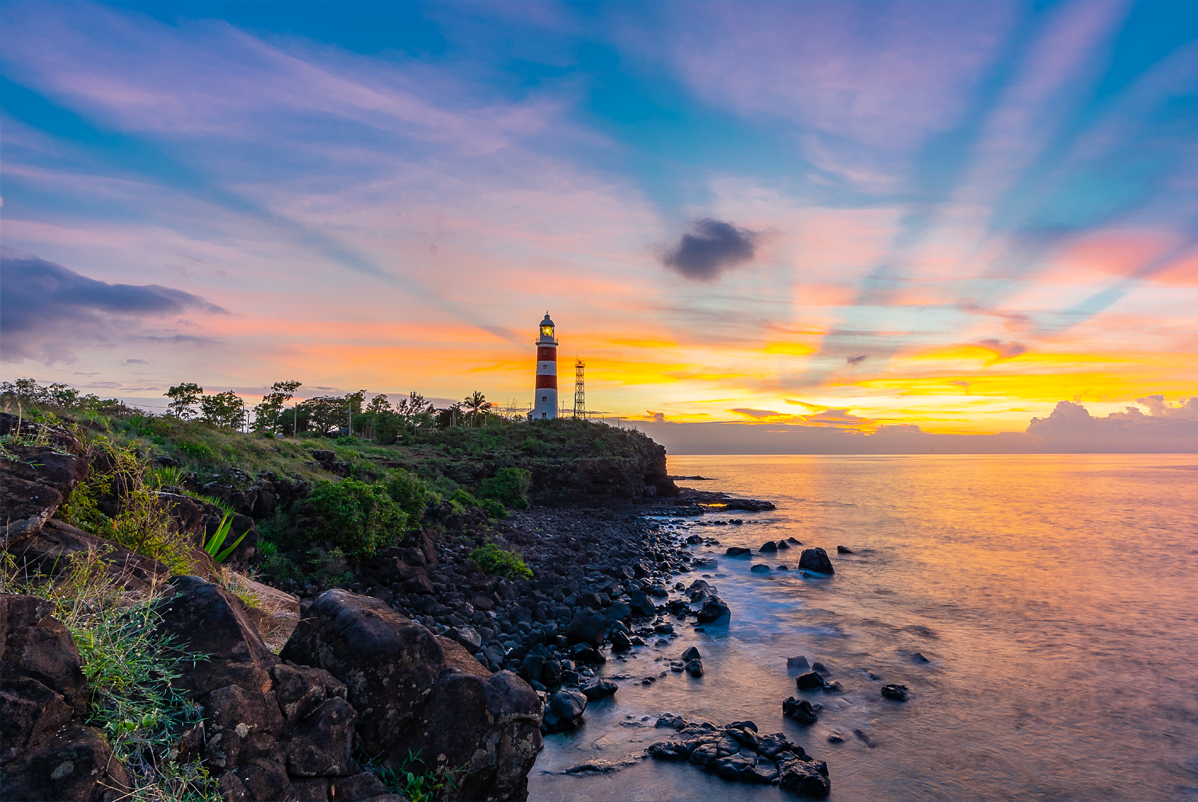
Even before the onset of COVID-19, a comprehensive package of prevention and preparedness measures were put in place in the country. Following confirmation of the first cases more than 50 days ago, Mauritius went into national lockdown on 20 March 2020 to mitigate this challenging and unprecedented health crisis. The three successive extensions of shutdown since that date have been key to limiting the spread of the virus and avoiding the risk of a second wave of the epidemic.
Mauritius now COVID-free
To date, our small island has been more proactive and effective than a number of more advanced countries in terms of curbing the spread of this public health threat. As a result of the stringent measures put in place, no new coronavirus infections have been reported since 27 April and Mauritius has no active cases anymore.
A total of 332 positive cases have been recorded, which means less than 0,03% of the population has been affected. Among these, 322 patients have been successfully treated, resulting in a recovery rate of around 97%.
What is even more encouraging is that we are ranked among the top 20 countries in the world testing for the virus in terms of per capita, according to the Worldometers website. EndCoronavirus, an international volunteer coalition of over 4,000 scientists, other experts and individuals, also lists Mauritius among some 30 countries that are doing best in beating coronavirus.
Gradual resumption of economic activity
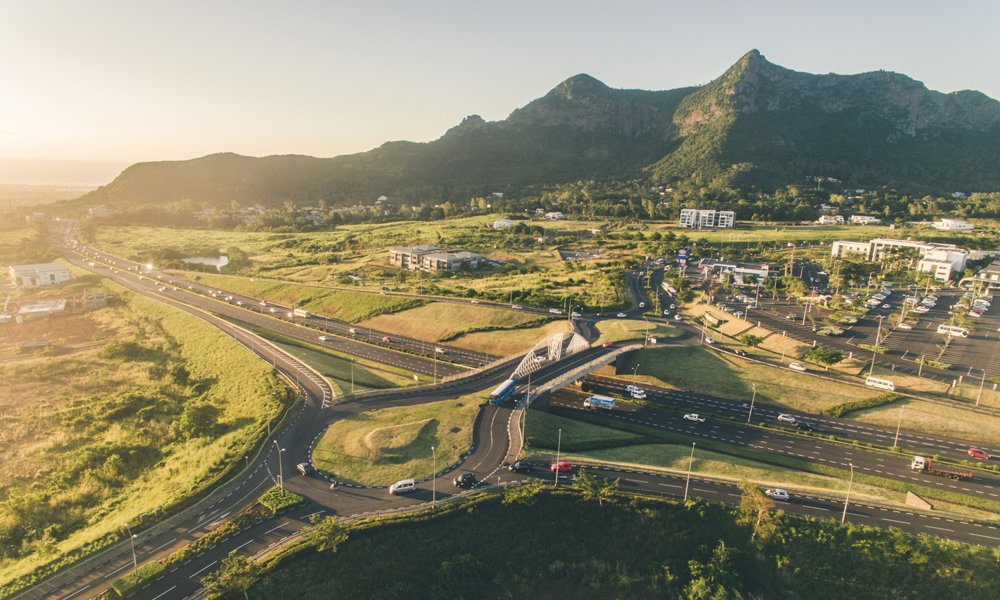
In light of such results, the lifting of confinement measures has been announced for 1 June, with the easing of restrictions from 15 May. “We look forward to the reignition of the national economy on June 1, and we anticipate that by then, Mauritius will be a COVID-free country, something that will augur well for our international reputation,” says the CEO of the Mauritian conglomerate ENL, Hector Espitalier-Noël in an article published by the local daily, Le Mauricien.
Mauritius will resume economic activity in phases in a bid to prevent a new outbreak from occurring. Out of precaution, stringent health measures will be taken. A work access permit will also be issued to employees who need to travel to their workplace. A speedy application and approval procedure has been set up to ensure delivery within 24 hours.
Solidarity and collective resolve
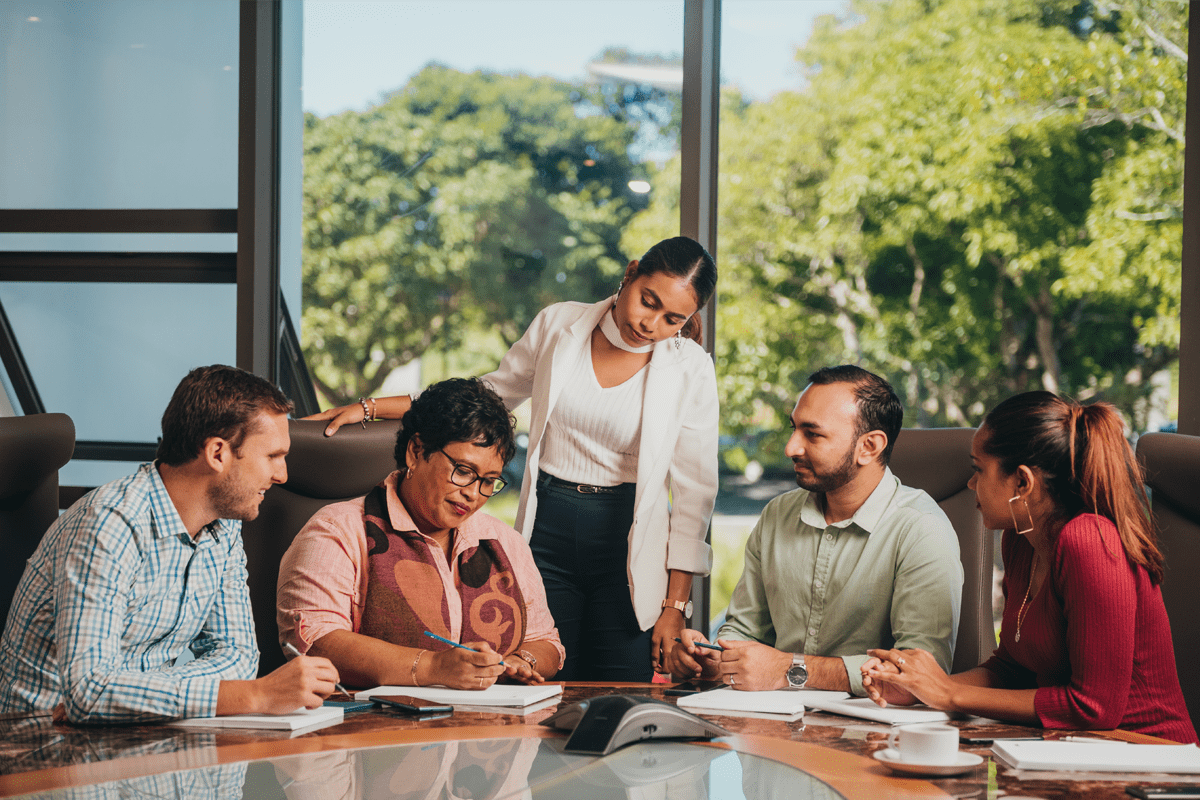
In an effort to minimise risk during these challenging times, Business Mauritius will implement a protocol on post-curfew work arrangements for the private sector, which has already been cleared with the Government. As for the public sector, a comprehensive circular has been issued to all ministries and departments.
The introduction of new legislations is also envisaged to enhance responses to infectious diseases, the testing capacity has been increased and five centres are being set up in regional hospitals to specially cater for COVID-19 patients.
Public health remains top priority in the context of the battle against coronavirus. The road to economic recovery will be filled with twists and turns. However, the Mauritian people have stood in solidarity to combat COVID-19 throughout the last few weeks and we are confident that our continued collective resolve will help us get through these challenging times.
